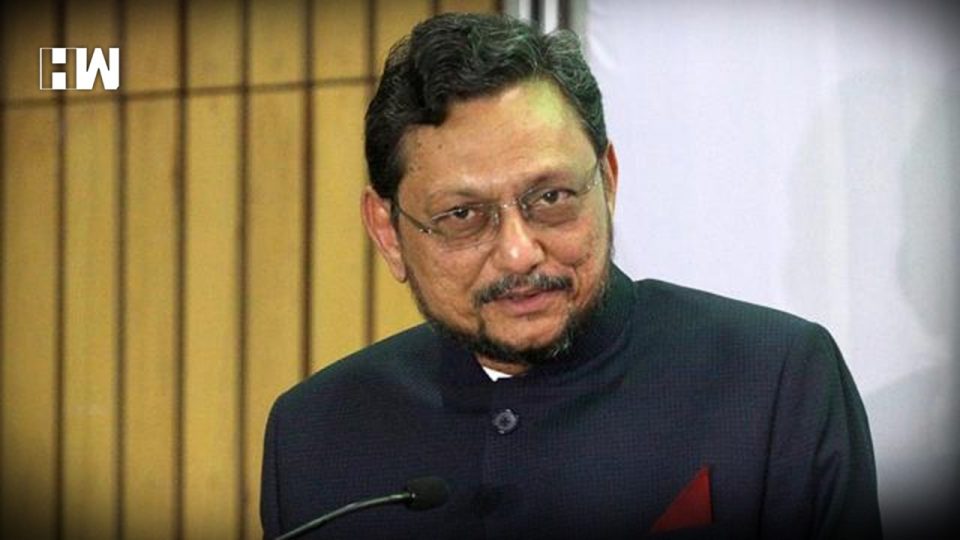Chief Justice of India SA Bobde said that if each citizen fulfils their fundamental duties, all the rights can be taken care of.
New Delhi| While addressing the inauguration ceremony of International Judicial Conference 2020, CJI SA Bobde said, “A feature often neglected is a chapter on fundamental duties imposing on every citizen the duties to abide by the constitution, the whole of it and respect its ideals and institution. (I believe there are more than 50 countries in the world having specific provisions in regard to fundamental duties in their constitutions). In this regard, Mahatma Gandhi once said “the exercise of right depends on one’s sense of duty. This follows from what he had written in Hindi swaraj, where he argued that “real rights are a result of the performance of duty”.
“Chapter IV-A thus expresses what in law is often implicit- that legal rights have correlatives of legal duties. The Constitution also created a strong and independent judiciary, which was separated from the executive and the legislature. We have strived at every turn, not just as a judicial institution but also as a citizenry to keep these basic ideals intact. Probably the most fundamental feature of most modern constitutions is the idea of the rule of law. That is certainly the motto of the Indian Supreme Court which says that where there is adherence to law there is victory.”
Also Read: Shaheen Bagh: Protest a Right but can’t block the public road says Supreme Court
“The founding fathers of this post-colonial country studied various models of Constitutions from all directions: There were former dominions of the British Empire such as Ireland and Australia, where the British system of governance was adopted in the form of a constitution; There was Japan, where after the World War, a Constitution was given to them by the victors of the War; There was the United States of America, where individual rights formed the very basis of their Constitution; There were many constitutions of France, most of which embodied the principles of Justice, Liberty and Equality.”
“The Constitution of India, therefore, synthesized the perfect blend of all that came before it and tailored it to fit this country’s diversity and thought. At the heart of the Constitution was the individual and the rights of individuals were recognized as ‘fundamental’. These rights have been beautifully balanced with the demands of public order, morality and health. Amongst the dominant thoughts when the constitution was being drafted was what Swami Vivekananda aptly said, “Liberty of thought and action is the only condition of life, of growth and well-being. Where it does not exist, the man, the race, the nation, or institution which bars the power of free thought and action of an individual – even so long as that power does not injure others- it is devilish and must go down.”
“After we gave the Constitution to ourselves, it fell upon this Judiciary to interpret it. The Judiciary, right from 1950, looked for inspiration from across the globe to find creative solutions to constitutional problems. In the first important case on fundamental rights, (A K Gopalan v. State of Madras), the Supreme Court quoted law from the American, Japanese, Irish, Canadian, Australian and English courts. Ever since, we have not shied away from looking for inspiration, wherever possible,” CJI Bobde said while concluding his speech.
As an independent media platform, we do not take advertisements from governments and corporate houses. It is you, our readers, who have supported us on our journey to do honest and unbiased journalism. Please contribute, so that we can continue to do the same in future.

